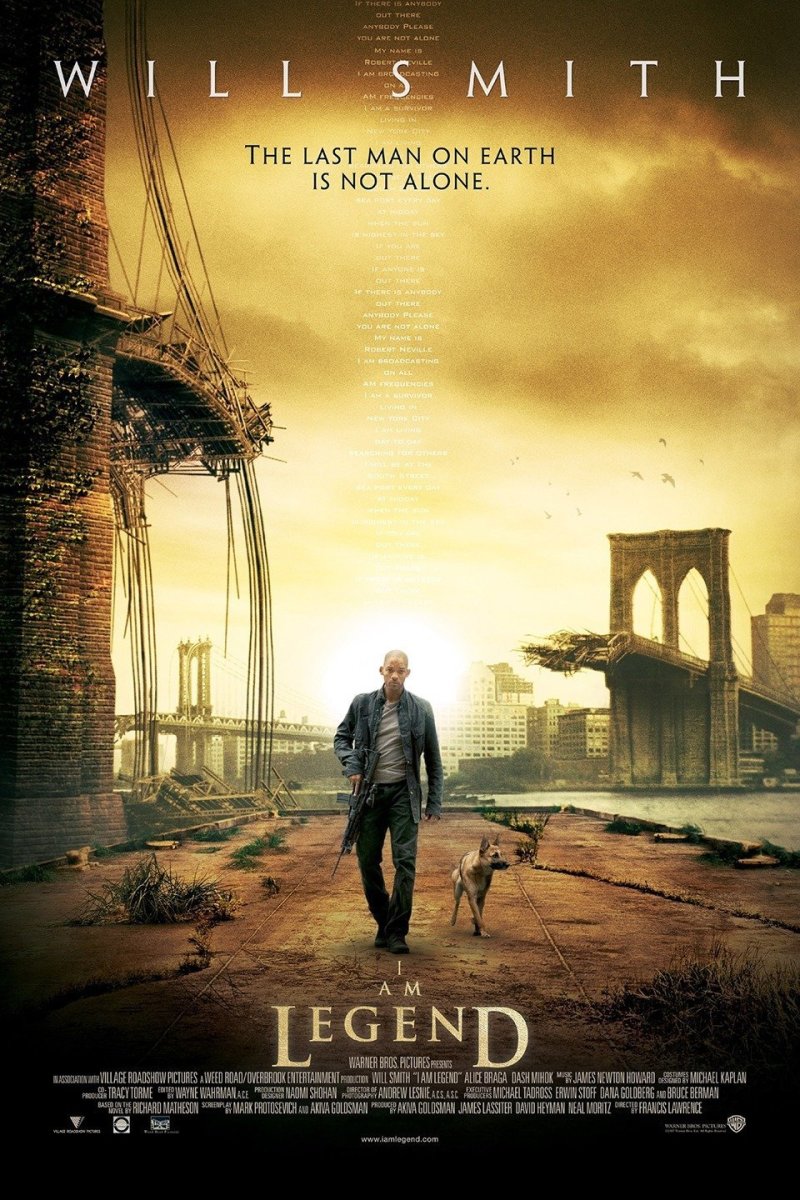How to Direct Actors

So.
When you have actors, you cannot picture these individuals as "tools" or another aspect or component in the movie you're making. Hell no. I know many aspiring directors who view acting just as that -- just a component of the movie. A small part of a bigger picture. Again, hell no.
1) You need to respect acting and actors.
Why? You don't want them pissed off or in the wrong state of mind for the scene. Or you don't want to undermine their credibility to a project. They can literally make or break your film.
Why?
Actors bring something more than just a performance to the screen. They are the very energy that connects your movie to the audience's heart. Once you have the heart of the audience, they'll love your movie. Much like a relationship with a woman -- if you have her heart, she'll be more lenient to your idiocy. What's that got to do with filmmaking, you say? Let's say for example that you have an "OK" script and an "OK" production value and everything else is "OK" except the actor(s). The actor is excellent, not OK. This actor (or actress) is now making the audience LOVE YOUR FILM, despite the shortcomings of production values and so on due to -- most likely -- a low budget.
Actors play key role in making your film stand out. Of course, it's a collaborative thing -- filmmaking is -- but who would the general audience try to relate to when they watch your movie? The people in the movie, not behind it. Always RESPECT actors and acting. I'm a filmmaker, but I also really like acting too. So I know when I act for someone else, I'd like to know that director knows what's up... most young directors DON'T. Moving on...
2) Get your actors and yourself to know the movie!
As a director, you need to understand the script more than anyone. All the subtext that's not written, you need to figure it out -- why? So you can convey them to the actors in a clear and concise manner. Ever read a Coen Brother's screenplay? Yeah, a lot of subtext. So you need to build rapport with your actors by that process. There are also other things you need to do as a good director for your actors.
- You to need convey to your actors the goal of their characters.
- You need to convey the character's view on life itself.
- You must detail any unique traits their characters have or team up and develop those together.
- Detail how would their characters behave in certain mundane situations.
- Convey the theme and tone of the whole film. Is it dark? Is it light-hearted?
- And MOST IMPORTANTLY... you need to provide or develop together the BACKSTORY of your character before the actual film. Their upbringings. Remember, you're creating a person on film. They must seem genuine.
3) Building RAPPORT with your actors...
Actors aren't just actors. They're human beings and there's no reason not to befriend them. Here's how you build a professional and good rapport with your actors:
- Make them comfortable. The director/actor relationship is VITAL. The actor is more open to directions from someone they like and trust. And who knows -- you may even become best friends! Look at Scorsese and De Niro. Or Tim Burton and Johnny Depp.
- And this just doesn't mean you and the main actor. No. Everyone on the cast. You need to communicate with all of your actors. A director is a LEADER, basically. You must lead these men and women into a battle -- which is making a movie. It can be mayhem, so they need a great leader.
How to break the ice? Well, it's simple. Take your actors out for coffee or lunch or dinner all together, so EVERYONE can just be on some level of friendship with everyone else. It makes for better performances. That's what you want. Sometimes, though, it depends on context too with a certain character. For example, if you have a Travis Bickle type character... he should be isolated from everyone and not make friends with the cast -- other than those who are appropriate to his character and situation.
Point is, everyone must get familiar with each other. If not, then the overall value of the film will suffer. I'm not saying everyone should be hugging and kissing -- unless you're making an erotica -- just not be complete total strangers to each other.
4) The table read.
Everyone involved in the movie (the cast and key crew members; ie Cinematographer) should get together and read through the entire screenplay. This way, we can study the characters together. Most importantly, work out some kinks in the script and in the actors' performances. For example, the way something is written may not sound natural with a particular actor. Thus, change up the dialog as logically to the story as possible -- so it can sound natural for those actors.
Also, this helps everyone evaluate the meaning of the story together and they'll probably come up with something you, as the director, hadn't thought of. Actors are very smart people, as they do a lot research for characters. They find the little things that make all the difference. In many ways, that's also the director's job too. So team up and do that research together.
5) Rehearsals
THOROUGH rehearsing is not often possible with a low budget, but when you can rehearse -- do it. I'll make it simple on how to have effect rehearsing:
- Subtext, subtext, subtext! What's not said is more important than what's being said.
- Body language. Did you know 70% of communication is NON-VERBAL? Focus on the body language of the character the actor is playing and create logical body language for them. Remember, that the statement "less is more" always holds true in film. It's not a stage play.
- Backstory. When an actor knows their character's upbringings, they'll make unique choices in their scenes based on those past experiences that isn't necessarily a part of the actual movie.
- Natural delivery of lines. A lot of young actors anticipate the next line rather than actually listen to the other actor(s). It's an interdependent process when acting. The other actor needs you as much as you need them. Acting is often referred to reacting -- and it's TRUE! Don't leave the other actor(s) hanging by only waiting for your lines. It won't look good and it won't seem natural at all! Bottom-line? FEEL THE SCENE.
- Blocking. Since I'm a run and gun type director and I shoot/light my own films, I don't spend too much time blocking a scene, but it can be helpful; although, sometimes it doesn't feel organic enough. What is blocking? It's basically how the actors move during a scene and how it's covered by the camera. Planning this during rehearsals is what's generally done.
6) Encouragement.
Everyone feels good when someone says good things about them. It's nice to be appreciated, yeah? Well, the actors are putting themselves in a vulnerable state for you -- the director. Don't just NOT COMMENT on their performances. Even in a bad take, say something positive and go for another take. You always, most definitely need to give feedback... you need to direct. Otherwise, the actor is left hanging -- wondering, "Did I do it right? Did he like it? Should I change the way I said it, etc, etc, etc?"
Encourage your actors to ask questions, but not to the point where he or she questions your role as a credible director. That's not nice. And please, don't make a "scene" (pun intended) with your actors if they're being unreasonable. Take them to the sidelines and talk to them calmly. No one wants to be embarrassed in front of the other cast, ESPECIALLY actors. They can be quite self-conscious. Point is, BE NICE to your actors. And crew, for that matter.
Well, that's all there is to it when directing actors -- in my experience.
I hope you learned and I hope you enjoyed reading this hub. Now if you'll excuse me, I must go edit a performance between my actress and my actor in my latest feature film entitled "NOWHERE JOHNNY." There's a trailer of it below. And the FULL MOVIE is available HERE: https://www.youtube.com/watch?v=WC45tudPzm4
Also, do SUBSCRIBE to my YouTube channel for my latest works!
SUBSCRIBE to Jet's YouTube Channel!
Thanks much. Peace out.
TRAILER to my film!
- What is a Film Director?
- How to Write Movie Dialogue
- How to Add Production Value to Your Movie
Wanna make your film feel like a real movie? Read on... - How to Make Screenwriting Fun and Simple
As the title says. Jet breaks it down and makes writing movies fun and simple!






